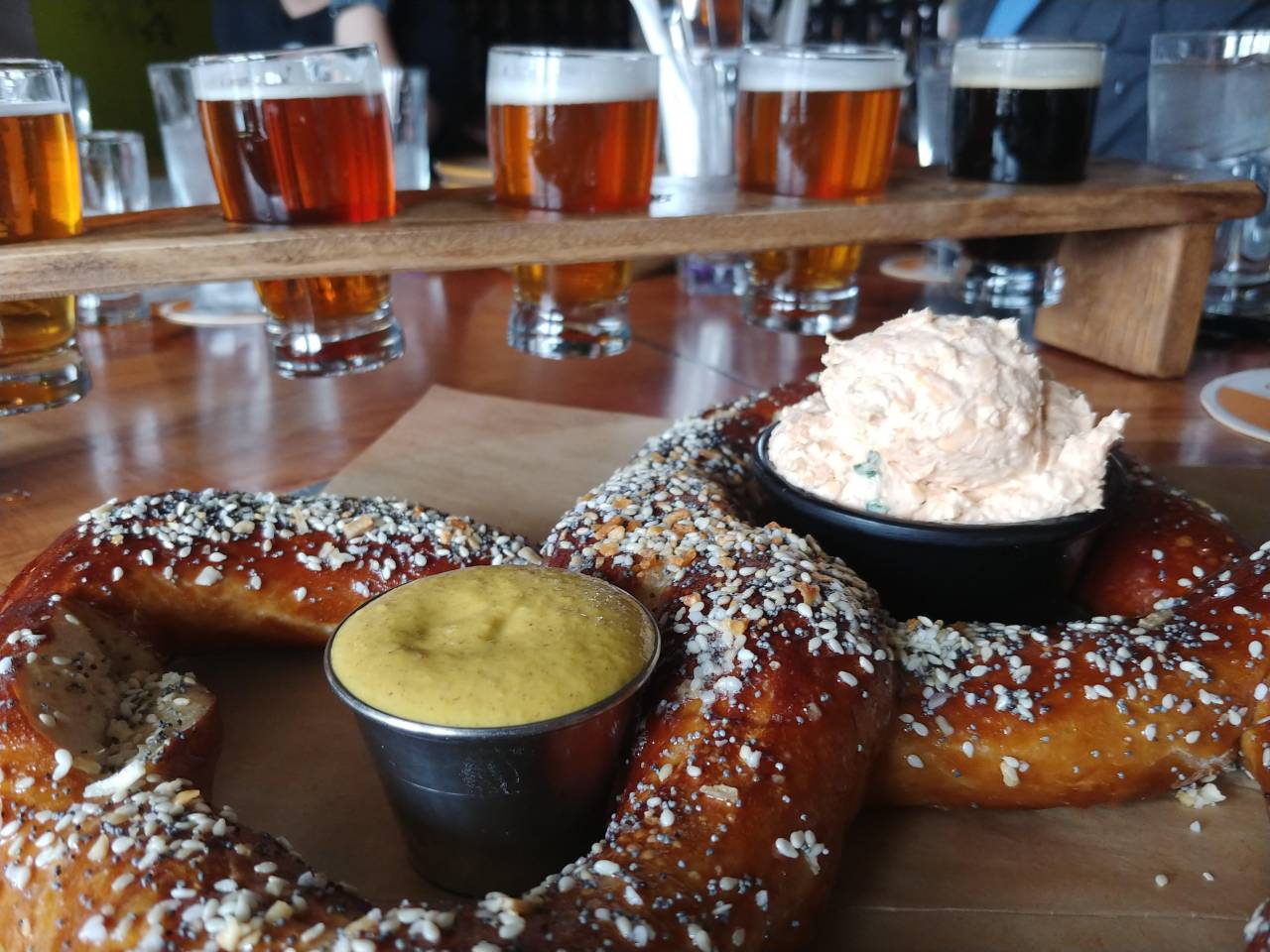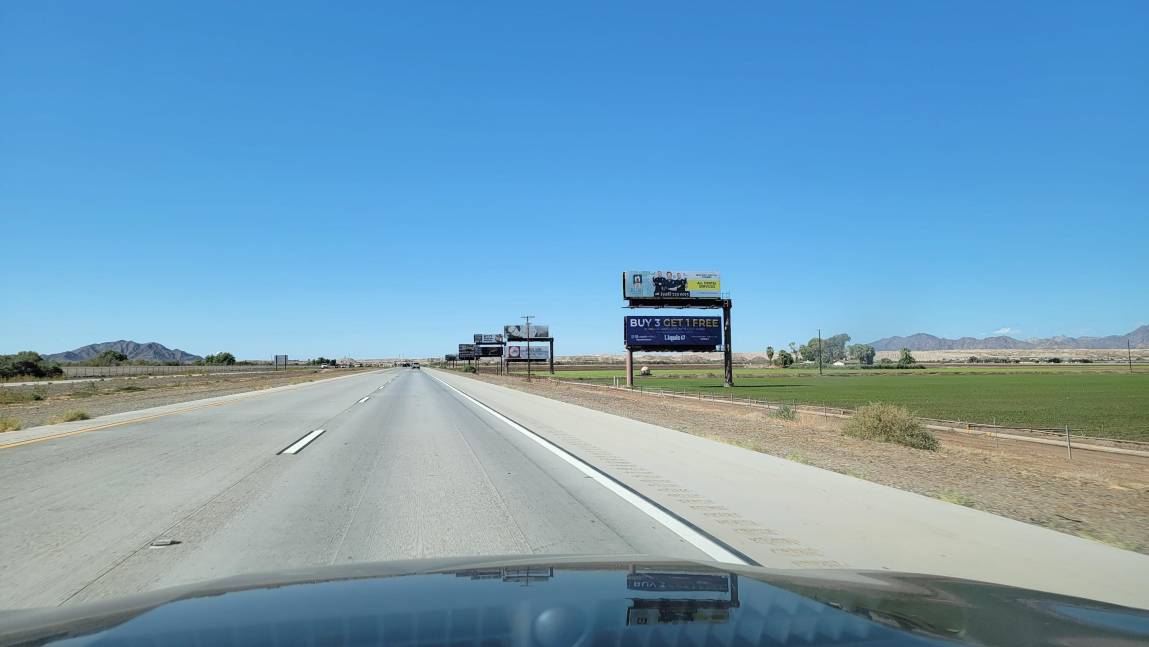Vehicle breakdowns strand 32 million American drivers annually, with tire failures, dead batteries, and engine issues causing 60% of roadside emergencies according to AAA. Pre-trip vehicle inspections, strategic rest protocols, and proper emergency gear prevent most incidents that derail weekend getaways and longer journeys. This guide covers the three-phase safety system - pre-departure checks, on-road discipline, and emergency response - that experienced road warriors use to complete trouble-free drives whether heading to a bachelor weekend in Nashville or a fishing trip through the Rockies.
{tabs}
What Do You Call Your "Guys Trips"?
Road trip safety preparation separates memorable adventures from expensive disasters that cost time, money, and peace of mind.
- Proper vehicle maintenance prevents the $400-800 average roadside emergency cost that AAA members avoid
- Strategic rest protocols and route planning reduce accident risk by 40% on drives exceeding 6 hours
- Legal knowledge across state lines protects you when accidents occur - statutes of limitation vary from 1 year in Tennessee to 3 years in California
- Quality emergency gear turns minor breakdowns into 20-minute fixes instead of multi-hour delays
- Pre-trip preparation builds confidence for solo drives and group trips where you're responsible for passengers
Before You Leave: Vehicle Prep That Prevents Problems
The 15-minute pre-trip inspection catches issues before they become highway emergencies. Check tire pressure when cold - underinflated tires reduce fuel economy by 3% and increase blowout risk. Verify fluid levels (windshield washer, oil, coolant, brake fluid) and test all lights including brake lights and turn signals.
Inspect tire tread using the penny test - Lincoln's head should be partially covered when inserted upside down. Check your spare tire pressure and confirm you have the jack and lug wrench. Schedule professional maintenance if due - readers report that postponing a $50 oil change led to $1,200+ engine failures hundreds of miles from home.
Route Planning and Communication
Download offline maps for your entire route plus a 100-mile buffer - cellular dead zones exist throughout Western states and rural areas. Plan rest stops every 2 hours at locations with food, fuel, and facilities. Share your route with someone reliable and enable phone location sharing for real-time tracking. Consider involving your kids in the research if it's a family trip.
Research terrain and weather for your route. Mountain passes require different preparation than flat highways. On guys trips through multiple states, scout worthwhile stops - breweries, BBQ joints, or scenic overlooks make better rest locations than generic highway stops.
Regional accident patterns matter too. Highways like Interstate 95 through South Carolina see significantly higher incident rates according to accident lawsuit data, making extra vigilance essential on high-risk routes.
Emergency Kit Essentials: $200 Setup vs. Gas Station Basics
Skip the minimal $40 roadside kit. Build a serious emergency kit with gear you'll actually use. Readers consistently recommend these essentials:
Jump Starter: Portable lithium jump starters ($80-130) fit in your glove box, charge phones, and provide 20+ jumps per charge. They eliminate the need to flag down another driver in sketchy locations.
First Aid Kit: Include bandages, pain relievers, antihistamines, and any personal medications. Add emergency blankets for winter travel.
Tools and Supplies: Tire pressure gauge, duct tape, zip ties, work gloves, flashlight with fresh batteries, and basic tool set. These items handle common roadside fixes.
Communication and Navigation: Portable phone charger, charging cables, and paper maps as backup.



Food and Water: Non-perishable snacks and bottled water for each passenger. Experienced travelers keep these stocked year-round rather than packing per trip.
On the Road: Discipline That Prevents Accidents
NHTSA data shows drowsy driving causes over 100,000 crashes annually. The 2-hour rest rule maintains reaction time and awareness. Pull over immediately if drowsy, especially during nighttime drives. A 20-minute power nap at a well-lit gas station beats fighting fatigue for another hour.
Avoid phone distractions completely. Distracted driving causes 3,000+ deaths yearly according to NHTSA. Use hands-free devices only for essential calls, and never text while driving regardless of traffic conditions. On group trips, designate a passenger as navigator rather than having the driver handle the phone.
Maintain safe following distances - the 3-second rule works in good conditions, but increase to 5-6 seconds in rain or darkness. Watch for aggressive drivers and give them space rather than engaging. Defensive driving means anticipating problems before they occur.
If an Accident Happens: Immediate Steps
Even safe driving can't prevent all accidents. Document everything immediately - photos of all vehicles, license plates, damage, road conditions, and street signs. Exchange insurance information with other drivers but avoid admitting fault or speculating about causes.
File a police report for any accident involving injury, significant damage, or disputes about fault. State laws vary dramatically - some require reports for any accident, others only above certain damage thresholds.
Contact your insurance company within 24 hours. Many policies have strict reporting deadlines. Consider consulting an experienced car accident attorney for accidents involving injuries or significant property damage, especially in unfamiliar states where you don't know local laws.
Wrapping Up: The 20-Minute Difference
Road trip safety comes down to 20 minutes of pre-trip preparation and consistent discipline behind the wheel. Most breakdowns and accidents result from preventable oversights - skipped maintenance, ignored fatigue, or inadequate emergency supplies. But here's what most safety guides miss: Join AAA or a similar roadside assistance program ($60-135 annually) even with perfect preparation, because you can't prevent deer strikes, tire blowouts from road debris, or mechanical failures in newer vehicles. The membership pays for itself with a single tow, and the peace of mind beats gambling on perfect luck across thousands of highway miles.
